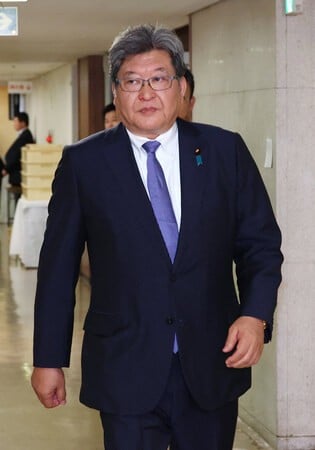The secretary to Hagiuda Kōichi, a high-ranking member of Japan's ruling political party, has been summarily indicted over alleged involvement in a major political scandal involving 'shadow money.' The unfolding controversy points toward corruption within the country's political sphere, casting a grim shade over Hagiuda's office. Specific details on the case, including when the infractions occurred and the exact nature of the charges, remain under investigation.
Political scandals like these often shake public confidence in Japan and can lead to a significant drop in support for the incumbent government. The Japanese public values transparency, trustworthiness, and ethical behavior from politicians. Hence, the undue influence of money in politics, particularly such so-called "shadow money", ignites concerns over corruption and a lack of transparency. It may result in calls for legislative reform and stricter campaign finance laws.
Compared to similar scandals in the US or EU, public reactions may vary. While such controversies are equally damaging to political careers in all these regions, the severity of legal punishments may differ. In the US and EU, ongoing concerns regarding political financing and lobbying are prevalent, emphasizing the need for campaign finance and lobbying reform. In Japan, the tendency for political figures to resign after such scandals is more apparent, emphasizing the importance of preserving public face and honor.

